Distance learning continues to be a dominant trend within higher education. Institutions are increasingly taking stock of student experience with distance learning and evaluating how satisfied students are with the process.
It’s a valid and critical ask – distance learning can be difficult for some students, and even highly motivated students can quickly disengage when poorly conducted. More and more institutions are investigating how to increase student satisfaction with their distance learning, and some critical trends in student satisfaction deserve closer consideration.
Responsiveness
No one likes to wait for an answer, whether in a class, on a helpline, or in a physical store. The same is true of non-traditional students in an online course. Students expect to see answers to simple questions about coursework, content, or industry-specific topics in a timely fashion.
Unfortunately, this can be extremely difficult when instructors have 50-100 students in an online course. Higher education institutions can mitigate student dissatisfaction with distance learning by equipping instructors to respond to student queries promptly.
Timely Grading & Review
One of the main benefits of distance learning is that higher education institutions aren’t bound by the physical confines of a room. The upper size limit of a class is now much higher without the constraints of room size. Some non-traditional distance learning programs can see quite a few students enroll, and digital class sizes over 100 are not uncommon.
However, this can make it extremely difficult for faculty members to grade, review, and post announcements. This is a natural consequence of the rising digital class size but significantly impacts student satisfaction. The ability to understand one’s progress on exams, coursework, and essays is a crucial piece of any distance learning program. Institutions of higher education that struggle to keep up to date with grading and student feedback will see corresponding dips in student satisfaction.
Communication Through Self-Guided Learning
Another significant benefit of distance learning for non-traditional students is that their learning is often self-guided. Busy professionals attempting to balance work and family appreciate the ability to learn remotely. However, a downside of this learning style is that self-guided learning can be isolating.
A solitary distance learning environment will lack the connection, collaboration, and discussion that in-person learning does, which can negatively impact student learning.
How, then, can institutions of higher education confront this problem? Additional support can help faculty members improve student outcomes and give students clear direction and support as they navigate through online learning. Assistance with grading, approved announcements, and day-to-day tasks can help provide students with clear guidance. These clear channels of communication serve a couple of purposes. Primarily, students are given clear communication about course material and the opportunity to communicate with course instructors and other students. However, faculty members also benefit from additional support in these areas. Improved communication about the progression of the course gives students clear directions and feedback on the self-guided process and frees up faculty time to focus on developing the course.
Flexibility
Any seasoned instructor can tell you that flexibility is critical when leading a digital classroom of over 100 students. Exams sometimes must be moved, power outages derail submissions, and emergencies occur. This is just a fact of life, even outside of the classroom. However, few faculty members can simultaneously respond to these challenges when instructing that many students. The ability to provide flexibility to every student can become a challenge.
Faculty Mentorship
Distance learning is not merely coursework. Students will often have questions about their field of study, career prospects, and industry trends and may want to contact faculty members for their insight. While Academic Coaches don’t personally provide mentorship opportunities, higher education institutions offer mentorship, along with other student development services, to all students, including traditional, non-traditional, online, and in-person. Participation in these types of services causes an increase in student satisfaction and better student outcomes for all.
How Academic Coaches Can Assist
Faculty members understand what they must do to improve student outcomes and satisfaction. However, as with many things, the devil is in the details. Delivering a great course is hard enough in and of itself. Offering flexibility, timely grading, and clear communication to over 100 students is a big ask. That’s where an Instructional Connections Academic Coach can assist.
Keep in mind, though, that while Academic Coaches are there to assist, they are only permitted to engage in such activities as directed by the faculty of record. At the direction of the faculty, Academic Coaches can help with everything from posting approved announcements to replying to emails and grading. However, grading is always completed as assigned and through the use of inter-rater reliability activities as prescribed by the faculty.
Our Academic Coaches are highly qualified, experienced professionals in the appropriate academic discipline. Each has earned at least a Master’s or Doctoral degree from an accredited university. On average, IC Academic Coaches have 14 years of industry experience and a minimum of a Master’s degree.
Each Virtual TA possesses the academic credentials and experience to become an immediate asset to the faculty and students. Our Virtual TAs are tremendous resources to students in their related fields. Additionally, we align with your goals completely, listening to your institutional priorities and following your leadership and the direction of faculty.
Interested in exploring if an Academic Coach is right for your institution? Call now!


